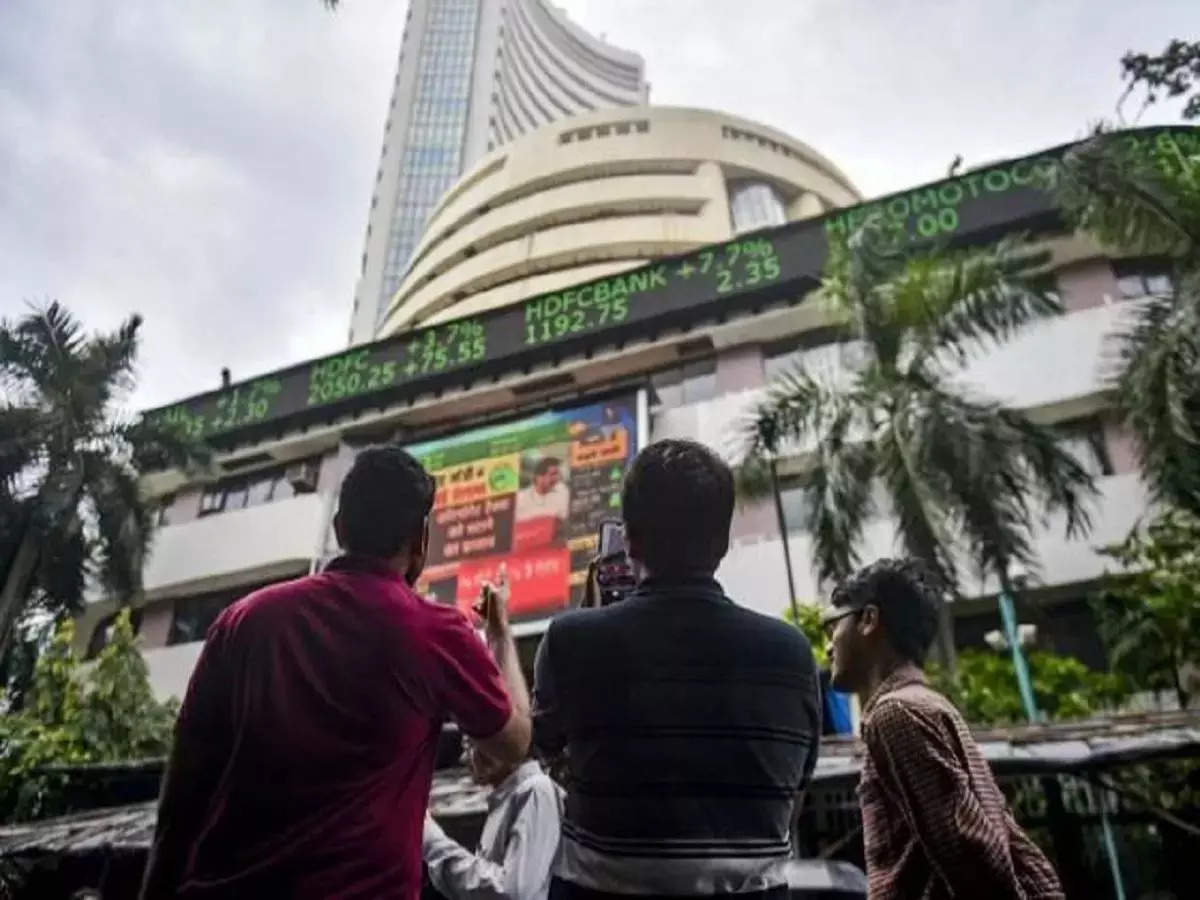Sensex wins 1000-pt marathon in just a month, scales 75000-mark; what’s the next target?
Domestic equity bulls drove a 1000-point rally in S&P BSE Sensex, surpassing 75,000. Nifty50 hit a new high. Market sentiment buoyed by various factors. Future direction may hinge on earnings performance.
MUMBAI - Leaving its developed and emerging market peers behind, domestic equity bulls raced ahead and drove a 1000-point rally in S&P BSE in just a month. The benchmark topped 75,000 for the first time ever earlier in trade on Tuesday.The index had topped 74,000 points on March 6, and since then, market sentiment has remained buoyant backed by sustained inflows from both domestic and foreign investors.
Alongside Sensex, the Nifty50 hit a fresh lifetime high of 22,768.40 points earlier in the day.
“It was expected that would reach a new all-time high in the new fiscal year, but the pace of the move has been faster than anticipated,” said Naveen Kulkarni, chief investment officer, at Axis Securities PMS.
Market sentiment got a boost after the US Federal Reserve last month retained its guidance of three rate cuts in 2024.
Further, encouraging domestic macroeconomic indicators and the Reserve Bank of India too, standing by its outlook and stance supported the upbeat sentiment.
In March, foreign portfolio investors net bought stocks worth Rs 24,971 crore, after being net sellers in the preceding two months. Meanwhile, DIIs poured in a whopping Rs 56,312 crore during the same month. This was the highest investment by DIIs since May 2022.
While Indian equities rose on Tuesday, notwithstanding the subdued trends in global markets, profit booking kicked in at higher levels.
The Sensex fell 0.1% to 75685.50 points, and Nifty 50 lost 0.1% to 22640.70 points.
“The market may pause or consolidate before taking a direction based on the earnings in the next 20 days. We advise investors to stay invested and use market dips to enhance their positions,” Kulkarni said.
The next major trigger for the bulls is the March quarter earnings, which will kickstart with on Friday.
Much of the rally over the last one year in domestic equities was because investors were factoring in strong earnings growth.
If the earnings season turns out to be disappointing, then the market will correct. However, if there are more upgrades than downgrades in earnings momentum, the market will continue to move upwards, Kulkarni said.
(Disclaimer: Recommendations, suggestions, views and opinions given by the experts are their own. These do not represent the views of The Economic Times)
Source: Stocks-Markets-Economic Times
